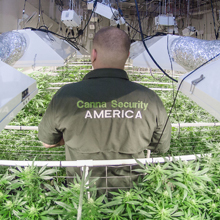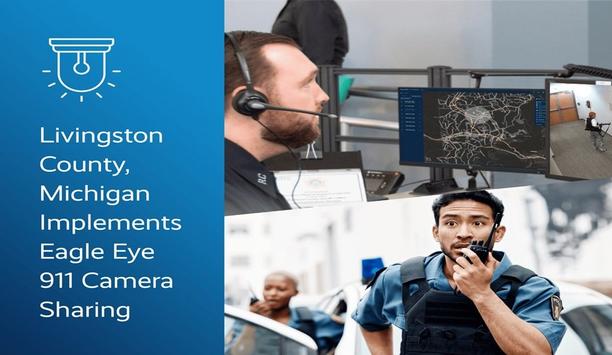 |
| The decriminalisation of marijuana has left the security industry apprehensive to collaborate with the industry |
If ever there was a market tailor-made for security companies, it’s the growing cannabis industry. Although only two states – Colorado and Washington – currently allow the sale of recreational marijuana and 22 other states permit limited medical use, many within the industry believe the tide has turned in favour of legalisation. [After the recent election, recreational sale of marijuana will become legal in Alaska and Oregon in 2015, and in the District of Columbia (subject to Congressional review).
Coming with the ability to cultivate, harvest, process and sell marijuana to the public is a complex set of regulations and strict oversight. The transition to open sale has been sometimes rocky as states have taken different approaches to ensuring the once illegal weed is safe and not diverted to fuel a black market.
Those requirements have heightened an already obvious need for professional security. In addition, this market is likely to grow – and perhaps grow quickly – in the coming years. For those security companies who have gotten in early, the prospect of gaining and keeping market share is a real incentive.
“It’s a fantastic opportunity,” declares Roger Ralston, chairman and CEO of New York-based security provider DirectView. “We’ve been really hitting the ground hard and leading the way in providing security in the cannabis space.”
Marijuana legalisation has drawn the attention of a number of companies. Many have marketed directly to operators, but others – including big names like ADT – have said they won’t serve the industry.
This new industry vertical represents challenges to any security company that wants to get in on the action. The most daunting is dealing with the specific and detailed governmental regulations on security for stores and grow houses. “One of the biggest inspections they face is for security,” adds Ralston.
Colorado devotes 15 tightly-spaced pages of regulations to describing the types of cameras, digital recorders and other security equipment dispensaries must have on site, even describing the placement and amount of backup footage needed.
 |
| Marijuana legalisation represents challenges to any security company that wants to get in on the action |
Passing inspection requires that stores use professional grade cameras and a select number of digital video recorders. The goal is to ensure that images are crisp and easily accessible to investigators and police, explains Williams.
A typical store needs about a dozen cameras, each located to survey a particular angle. At least one camera provides coverage of the monitoring room itself. This system is often complemented by motion detectors, infrared sensors and flood lights.
The states have also adopted a “seed to sale” approach to monitoring. Growers must be able to account for where their plants go, how they are processed into usable products and finally sold to customers. Along with RFID tracking of containers, growers and processors also install their own cameras.
Vendors use industrial scales to weight the product. A camera is positioned above to read the scale so that data can be recorded for record keeping.
“It’s a product that grows, and that’s probably the biggest problem in tracking,” says Williams.
While there have been relatively few reports of crimes committed against dispensaries, the potential is great. A pound of weed can go for as much as $2,000 and most stores have large amounts of cash on site, say industry insiders.
“There’s a strong physical threat, but trying to mitigate or combat it is difficult because of the state laws and the fact there’s no use of firearms (at dispensaries),” says Eric Young, president of the Seattle Cannabis Association. “Some of the guys feel they are under-protected.”
Finding out where dispensaries are located is an easy task despite many owners’ reluctance to speak to the press and advertise.
“The state actually provides a list of where these suppliers and producers and processors are located on a map,” says Young. “That is a big concern to a lot of folks in the industry, because for someone with criminal intent, here’s a road map.”








































